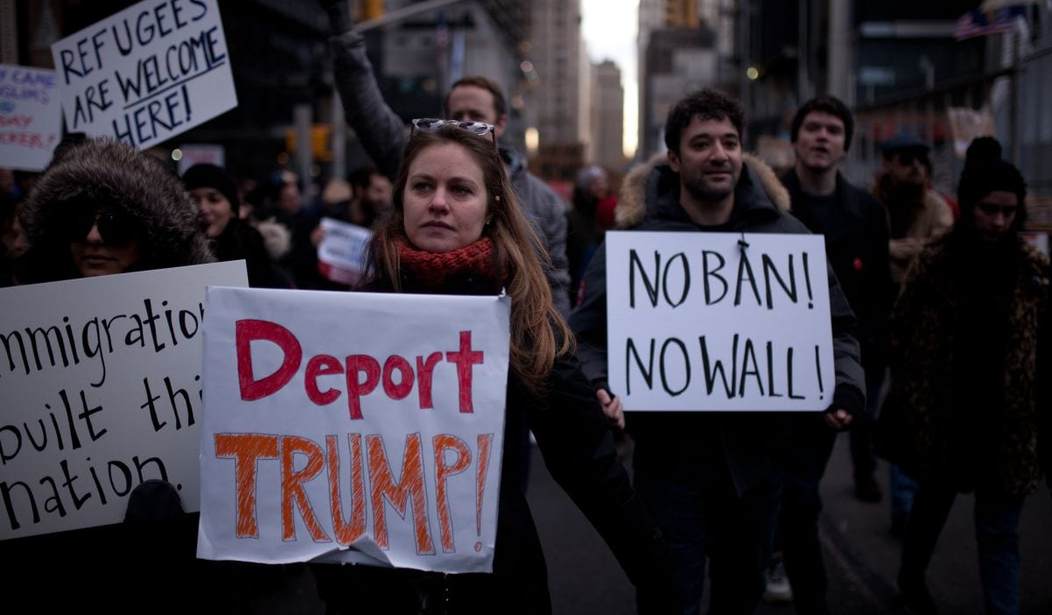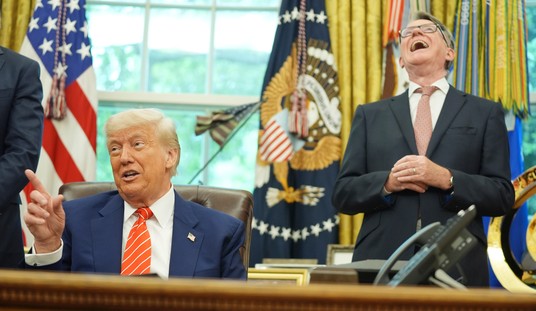The Department of Justice is considering a plan to transfer up to a dozen immigration judges to cities with a high number of criminal illegal aliens. The transfers would allow for faster hearings and quicker deportations, according to DoJ.
The targeted cities are New York; Los Angeles; Miami; New Orleans; San Francisco; Baltimore, Bloomington, Minnesota; El Paso, Texas; Harlingen, Texas; Imperial, California; Omaha, Nebraska and Phoenix, Arizona. They were chosen because they are cities which have high populations of illegal immigrants with criminal charges, the officials said.
A spokeswoman for the Justice Department’s Executive Office of Immigration Review, which administers immigration courts, confirmed that the cities have been identified as likely recipients of reassigned immigration judges, but did not elaborate on the planning.
The plan to intensify deportations is in line with a vow made frequently by President Donald Trump on the campaign trail last year to deport more illegal immigrants involved in crime.
The Department of Homeland Security asked for the judges’ reshuffle, an unusual move given that immigration courts are administered by the Department of Justice. A Homeland Security spokeswoman declined to comment on any plan that has not yet been finalized.
Under an executive order signed by Trump in January, illegal immigrants with pending criminal cases are regarded as priorities for deportation whether they have been found guilty or not.
That is a departure from former President Barack Obama’s policy, which prioritized deportations only of those convicted of serious crimes.
The policy shift has been criticized by advocate groups who say it unfairly targets immigrants who might ultimately be acquitted and do not pose a threat.
The cities slated to receive more judges have more than half of the 18,013 pending immigration cases that involve undocumented immigrants facing or convicted of criminal charges, according to data provided by the Justice Department’s Executive Office of Immigration Review.
Most of these cases should be slam dunks, so the process of deportation will be expedited—at least for criminal aliens.
But for millions of other illegals, the wait for a case to be heard is interminable—and inexcusable. President Trump is apparently going to give the immigration enforcement agencies the money they need to do the job of catching border scofflaws. But it won’t help any more than Obama’s policies if illegals have to wait for years to have their cases heard.
The current targets for enforcement include those who have already had deportation orders filed against them and illegals charged or convicted of serious crimes. That’s a good start, but obviously falls short of what’s needed. Until we dramatically increase the number of immigration judges to hear cases, we’ll only be addressing half the problem of illegal immigration.










Join the conversation as a VIP Member